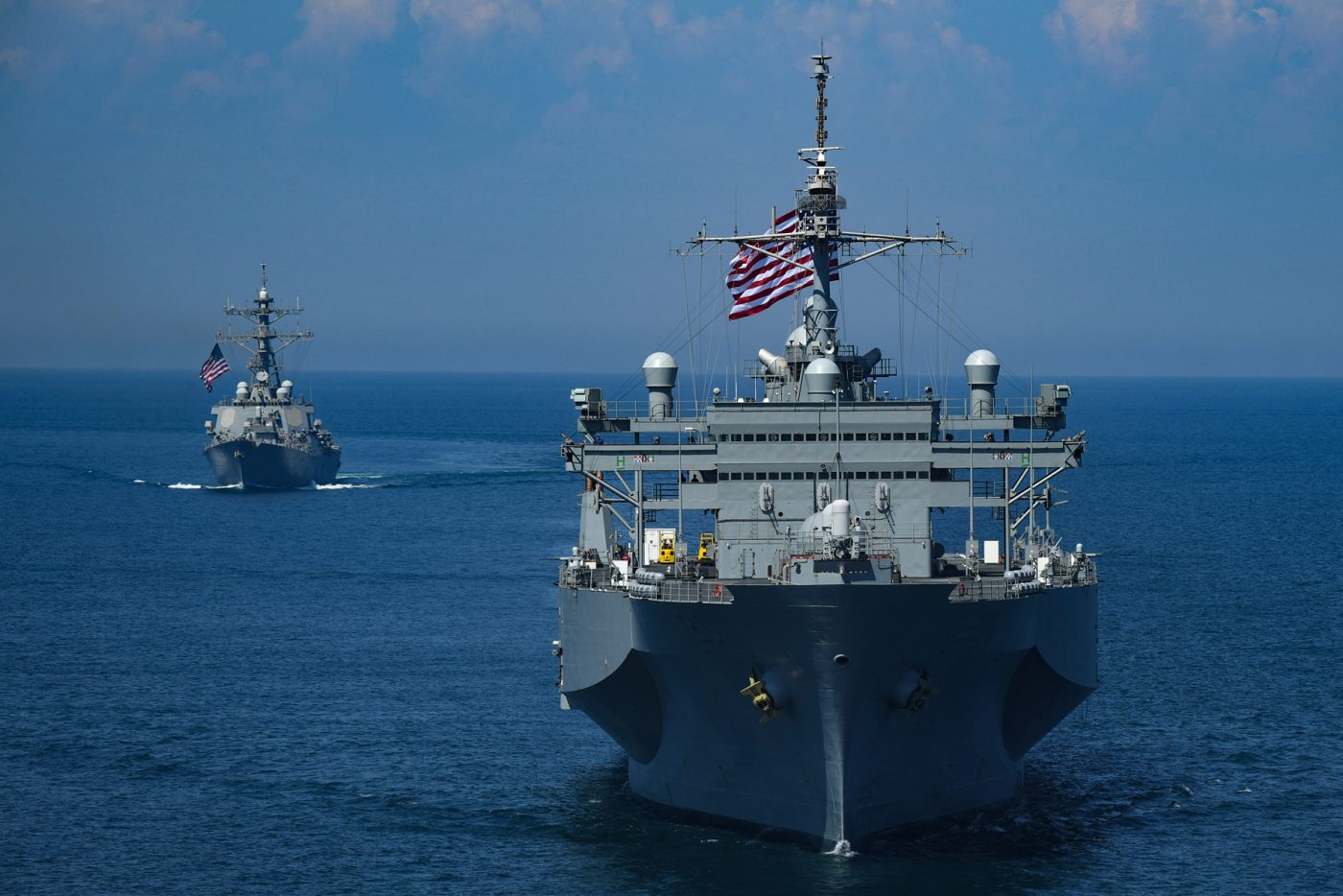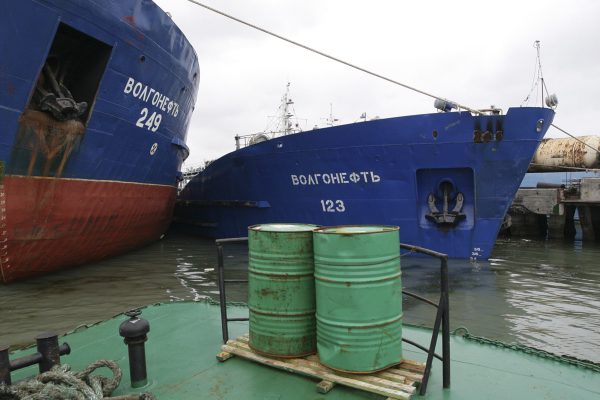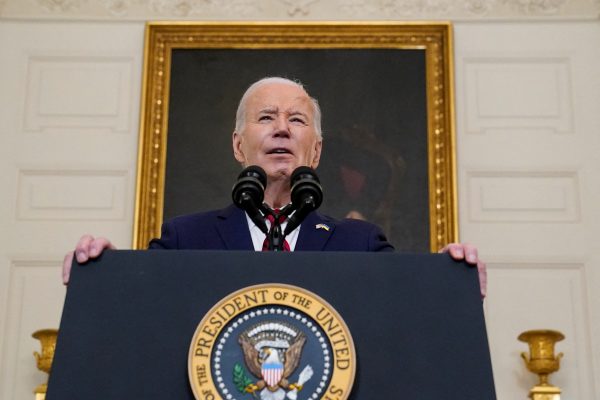A US strategy for the Black Sea is long overdue. Russia’s aggression against Ukraine and the involvement of the US, Europe, Iran, and North Korea, have created new geopolitical realities around the area.
While a broad range of political, maritime, economic, and energy security issues have increased the need for clarity in the US approach, one particular recent development is urgent and needs answers.
Russia’s Black Sea fleet has taken a beating from Ukraine. In all, 15 warships have been sunk and 12 damaged in the past two years, most recently the missile corvette Ivanovets on January 31.
That has forced Russia to look for harbors further east, such as Novorossiysk and Tuapse. But there is no safety from Ukrainian aerial and maritime drones there either, as indicated by a January 28 strike on the latter port’s oil refinery.
Recognizing the risk, Russia plans to reactivate a small Soviet-era military facility in Ochamchire in Abkhazia, a Georgian region illegally occupied by Russia. Currently, Ochamchire is a base for Russian FSB patrol boats and is not capable of harboring large naval vessels.
The decision has significant implications for Georgia and its Black Sea-Caspian neighbors, threatening the viability of important trade routes.
Here, some context is necessary. Georgia’s Black Sea ports are in close proximity to Ochamchire and are already serving as connecting links between Europe and wider areas of Central Asia, which includes a range of countries stretching from the South Caucasus to China’s western Xinjiang region.
Ochamchire is also fairly close to the potential point of entry for the planned subsea power cable connecting South Caucasus sources of green energy to the European Union (EU) countries of Romania and Hungary.
This strategic role of the Eastern Black Sea is frequently missing from EU and US policy documents.
Non-EU littoral states are not included in the Three Seas Initiative (3SI), for example. At the same time, the Black Sea ports of Georgia and the so-called “Middle Corridor,” linking the South Caucasus to Central Asia, provide Europe with access to vast resources of energy, metals, coal, cotton, and other goods, as well as to growing markets in an emerging region.
This latter role is particularly important; for Central and Eastern European states, saddled with a decades-long dependency on Russian resources and Russia-linked infrastructure, the South Caucasus and Central Asia can serve as a major potential alternative. This importance may only grow with the post-war development and reconstruction of Ukraine that will follow the current war.
The Middle Corridor, running between Kazakhstan and Georgian Black Sea ports and the Mediterranean ports of Turkey, allows Central Asian states to bypass the geopolitically unstable Russian route.
Some of the claims for this route are overblown. It’s unlikely it will become a major corridor connecting China and Europe. There are significant geographic, political, economic, and governance issues associated with this, meaning it will be unable to match maritime, or other land-based transportation options between China and the EU.
At the same time, the Middle Corridor is extremely important for the countries of Central Asia and the South Caucasus.
According to multiple studies, (see World Bank study, EBRD) the transshipment potential of the Middle Corridor between Europe and Asia via the Caspian Sea will continue to grow and play an increasingly important role between the growing economies of Central Asia/South Caucasus and EU and Mediterranean markets. This will require a combination of investment and efficiency measures and more vigorous intra-regional coordination.
The only suitable outlet for this route is Georgia; the other countries are landlocked and need to transit neighboring states to reach open seas and markets.
But the absence of firm security guarantees from NATO or other military allies also makes Georgia and its Black Sea ports vulnerable.
Russia’s willingness to use military force and gray zone attacks in the Black Sea increases political risk. One way to mitigate this is to engage as many countries as possible in trade and transit via Georgia. Once Georgian ports are important to others, such as Turkey, China, India, and the Gulf States, the pressure for peace can balance potential threats.
Georgia also needs to develop naval defense capabilities with drones and air defense systems and rebuild civil defense and military reserve systems to create at least a basic level of deterrent to Russian aggression.
The US Black Sea Strategy should incorporate support for the free flow of goods and mineral resources between Central and Eastern Europe and Central Asia.
But most importantly, it should include a pathway to the development of the Black Sea security system for all littoral states, including Georgia, regardless of the outcome of the war in Ukraine. This is a vital American strategic interest, with implications beyond the Black Sea region.
Mamuka Tsereteli, Ph.D. is a Senior Fellow at the American Foreign Policy Council/Central Asia-Caucasus Institute
Europe’s Edge is CEPA’s online journal covering critical topics on the foreign policy docket across Europe and North America. All opinions are those of the author and do not necessarily represent the position or views of the institutions they represent or the Center for European Policy Analysis.





